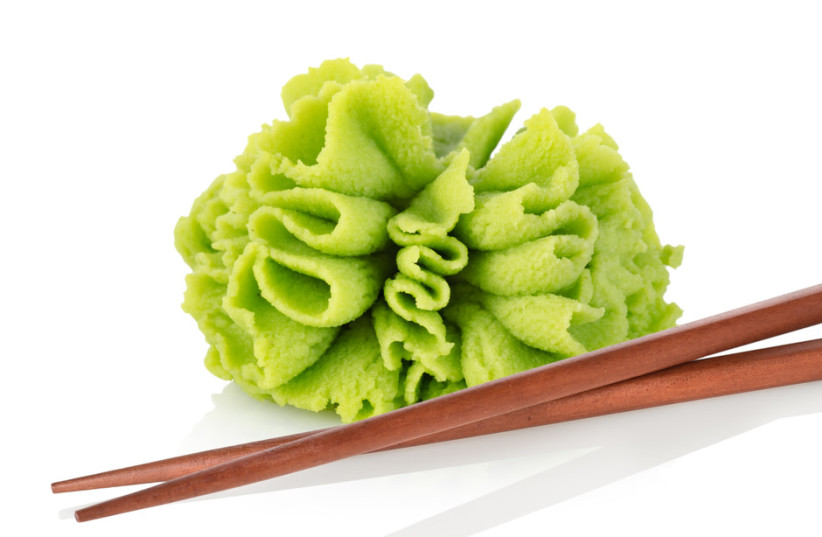Do you want to boost your memory? Don't forget to include a little wasabi with your sushi.
Recent research conducted at Tohoku University in Japan has shown that this fiery green spice can significantly enhance your memory.
Published in the scientific journal Nutrients, the study involved 72 subjects aged 60 to 80, all in good health. The participants were divided into two groups. One group received a placebo and the other took 100 milligrams of wasabi extract every evening for 12 weeks.
The results were astounding
By the end of the three-month period,"people taking wasabi supplements showed significant improvements in working memory, which involves short-term recall, as well as in what’s known as episodic memory, or the ability to remember past personal experiences," the health website Everyday Health explained.
Those who consumed wasabi experienced an average improvement of 18% in their episodic memory score, which was 14% higher than the placebo group. Rui Nouchi, the lead author of the study and an associate professor at Tohoku University's Institute for Development, Aging, and Cancer, stated that wasabi has long been known for its health benefits but the remarkable impact on memory surprised the researchers.
Scientists attribute these results to a biochemical compound called 6-MSITC, which is present in wasabi but not commonly found in other plants. Six-MSITC acts as both an anti-inflammatory and an antioxidant, thereby reducing oxidation levels and inflammation in the hippocampus, the part of the brain responsible for memory function.

Nouchi added that while other methods for maintaining a healthy brain, such as exercise and adhering to a Mediterranean diet, can be challenging to sustain consistently, incorporating a daily wasabi supplement can be much easier. The Tohoku University team plans to further study wasabi's effects on different age groups and investigate its potential for slowing cognitive decline in patients with dementia.
However, there is a catch. The wasabi paste commonly served in sushi bars, even in Japan, is often not genuine and is usually made from dyeing plain white rice green. Therefore, it would not have the same effect.
